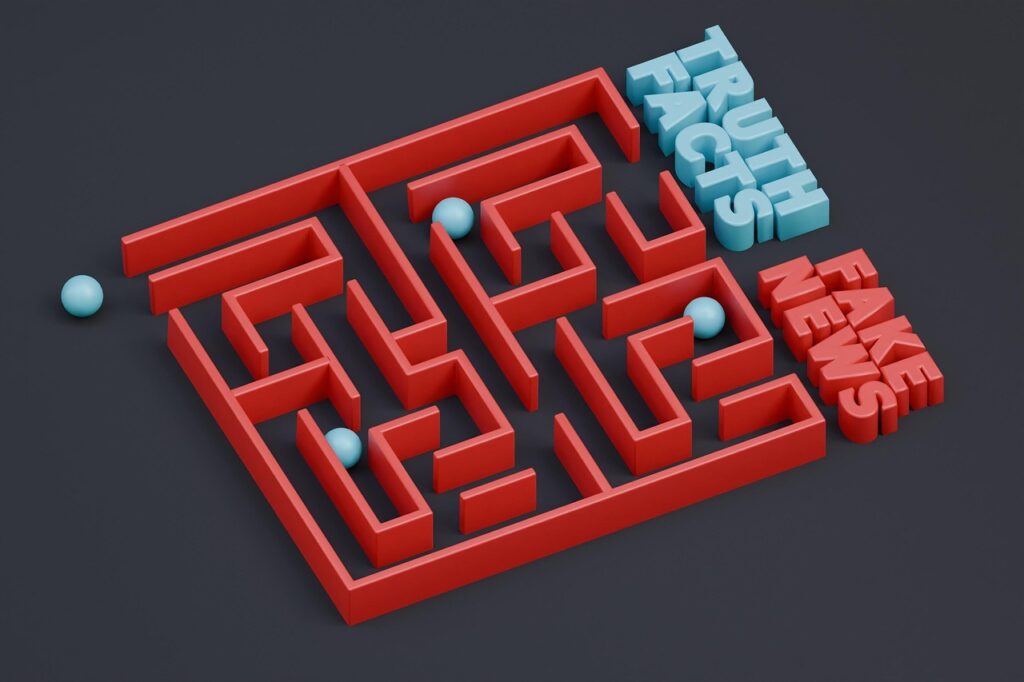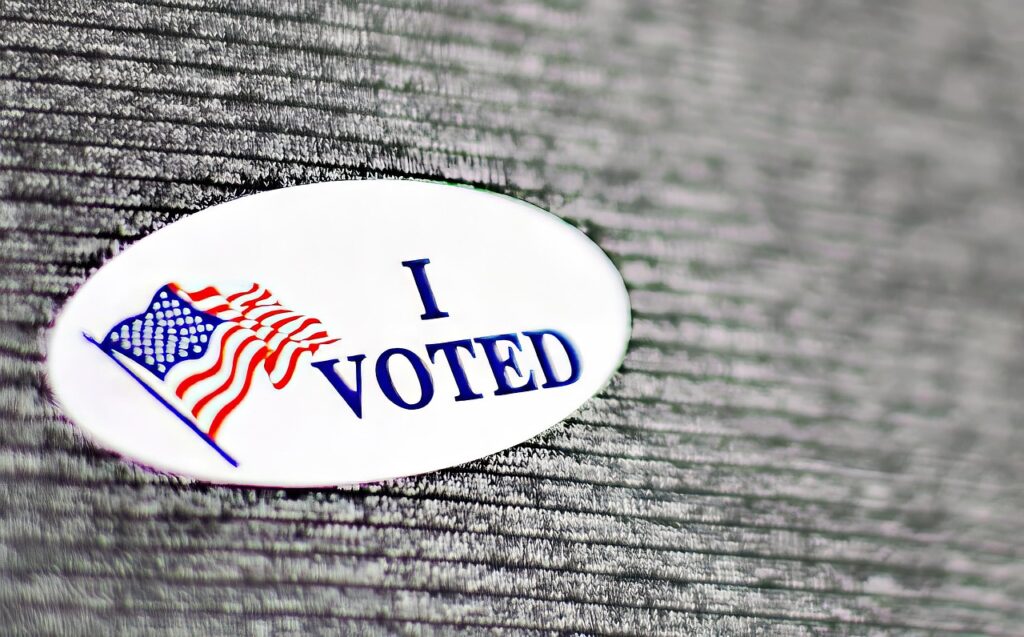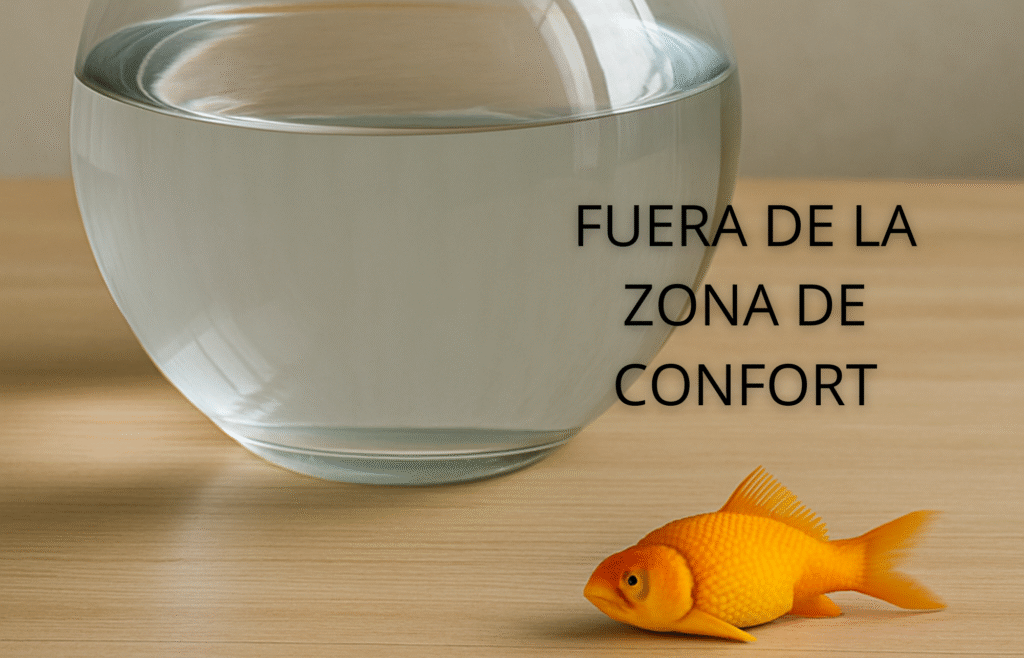Durante siglos, la ignorancia se definía por la ausencia de acceso a la información. En cambio, hoy estamos viviendo en la era de la ignorancia digital que surge, no por la falta de información, sino de la incapacidad para filtrarla. Vivimos rodeados de contenidos, pero más desorientados que nunca 📉.

When knowing was a privilege
For much of history, books were scarce, education was a commodity reserved for the elite, and knowledge was a privilege limited by economic, social, and geographical barriers. In that context, not knowing something was understandable: there was simply no way to know.
Even after the invention of the printing press, mass access to knowledge took centuries to materialize. Ignorance, then, was imposed by the environment.
The digital revolution: an incomplete solution?
With the arrival of the internet and mobile devices, the landscape changed radically. Today, it's possible to search for any data in a matter of seconds. Old barriers have weakened, and knowledge has seemingly become accessible to everyone.
However, this democratization of information brought with it an unexpected problem: excess. Not all available information is reliable. Anyone can publish content without going through veracity filters, and that includes fake news, conspiracy theories, pseudoscience, and isolated data taken out of context.
Greater access hasn't necessarily meant greater understanding. Information noise outweighs clarity 🔍.
From ignorance due to lack to ignorance due to saturation
The transformation is evident:
| Before | Now |
|---|---|
| There were no books or accessible education | There are thousands of online sources |
| There was no way to learn | There are too many “truths” available |
| Ignorance was forced | Ignorance is often voluntary. |
Nowadays, many people claim to know based solely on fragments they've read on the internet. There's no cross-checking of sources or critical review. Thus, we're moving into the era of digital ignorance and false wisdom 🧠.
The danger of being misinformed
Current ignorance is not harmless. It has concrete and sometimes serious consequences:
- It puts public health at risk when ideas without scientific support are promoted.
- It hinders the advancement of knowledge in the face of unfounded conspiracy narratives.
- It influences political decisions that affect millions.

Furthermore, the algorithms of digital platforms exacerbate the problem: they filter content based on our preferences, not its veracity. We live in information bubbles that reinforce our beliefs, progressively distancing us from critical thinking and objective reality.
Knowing is not the same as understanding
In this era, information is abundant. But authentic knowledge requires more than accumulating data: it requires the ability to analyze, question, and contextualize it.
Ignorance is no longer a result of a lack of books. It's a consequence of a lack of critical thinking.
And in a world saturated with stimuli and noise, the real challenge is not finding information, but learn to interpret it with rigor.


